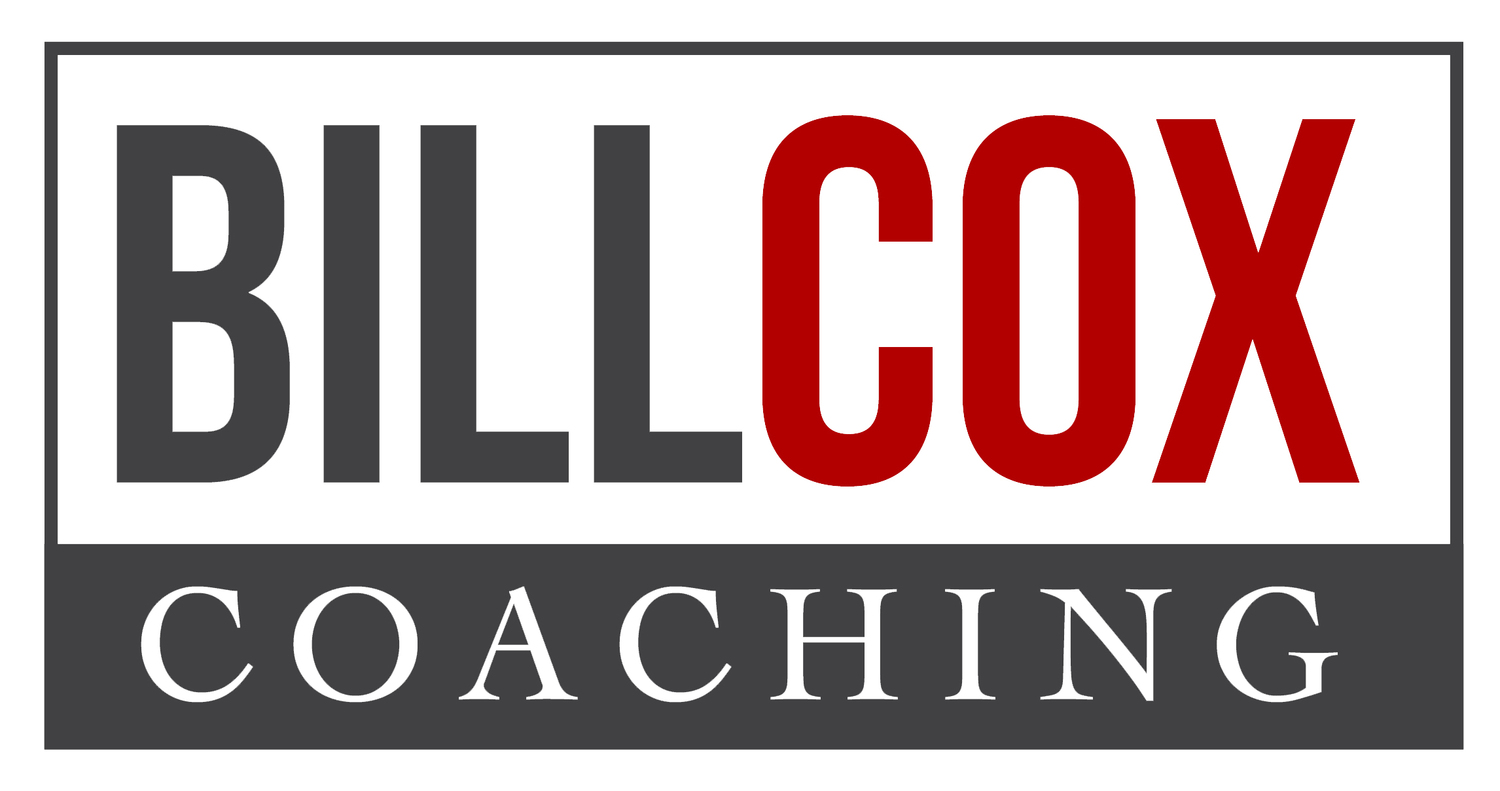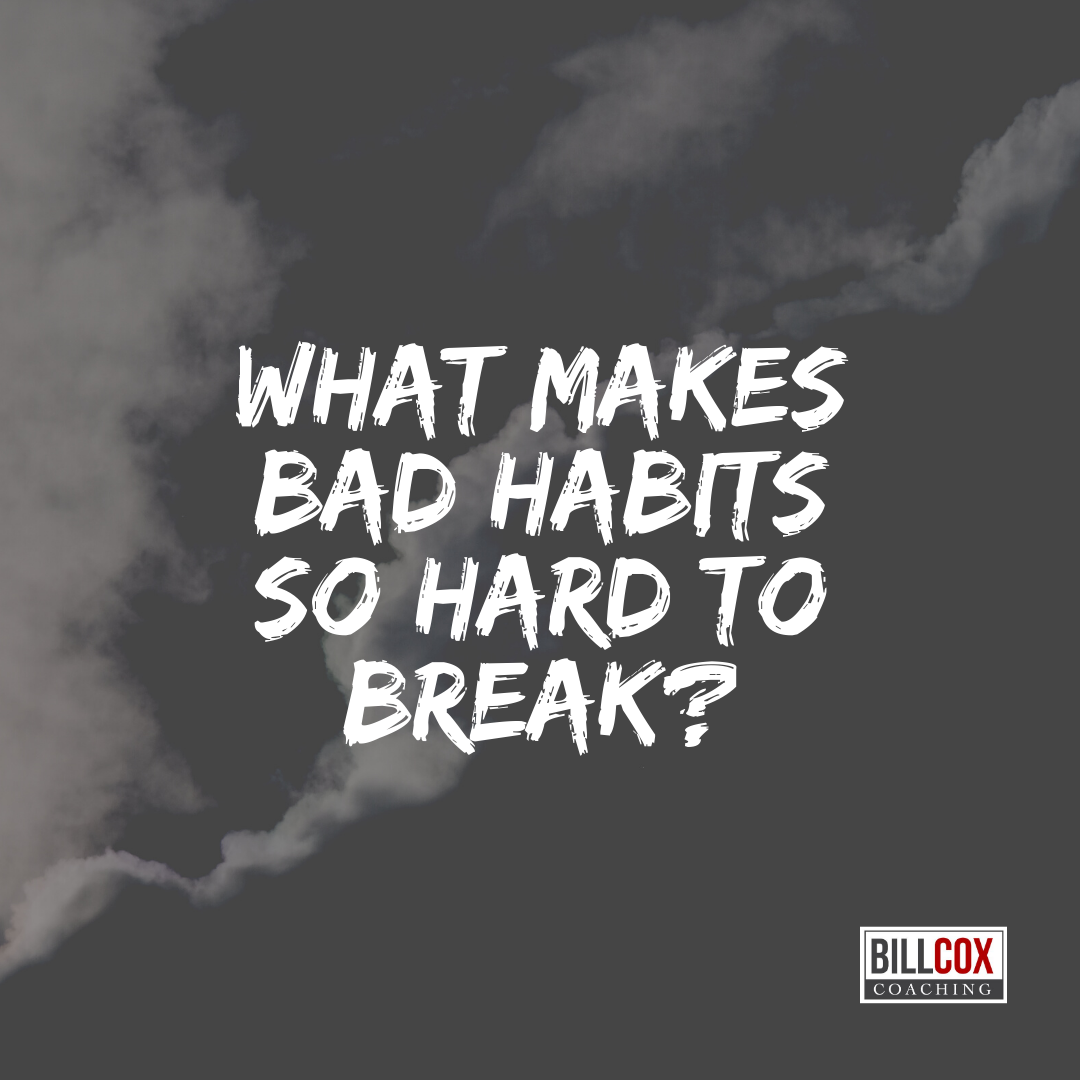The subject of this email reminds me of an old song by the band Chicago I first heard in high school. If you don't know what I'm talking about, then you know that I'm getting old:-)
Habits are defined as, "acquired modes of behavior that have become nearly or completely involuntary; behavior patterns acquired by frequent repetition."
I'm guessing that you have a habit (if not several) that you would love to break up with permanently. But how?
Why does it feel so impossible to dump bad habits?
Why can you stop for a little while -- and then it creeps back in and regains a foothold?
Well, the short answer is that _________ (fill in the blank with your habit) gives you an immediate payoff of gratification, and you have trained your brain to crave that payoff through the release of a chemical substance in your brain called dopamine. You have quite literally created a dopamine addiction in your brain for the short term reward that this habit provides you.
(Sidenote: One of those hard habits to break for me has been snacking after 7 pm.)
Scientists and brain researchers refer to this cycle as the "habit loop." And understanding how the "habit loop" works is a crucial part of the process of replacing habits that don't serve you well with healthier habits. So let's talk about what a "habit loop" is.
A "habit loop" begins with a trigger (some cue triggered by one of your 5 senses, usually a visual cue) —> which moves onto a craving (a strong desire created from the release of dopamine in your brain) —> which leads to a behavior (that thing you do) —> and then ends in a reward (the short term payoff).
I'll give you an example of a summertime habit that I developed (and had to break) a few years ago. For several years I had the habit of stopping at Dairy Aisles any time I would see one. I love soft serve vanilla ice cream, and my habit was to order (and eat, of course) a medium vanilla soft serve cone. So how did the "habit loop" play out with this habit?
Well, it began with the trigger, which for me was the visual cue of the glorious sight of one of those big signs in the shape of a delicious-looking cone with, white, swirly soft serve vanilla ice cream...mmmm. That led to a craving -- the taste and sensation of the cold and delicious soft-serve ice cream fused crunchy wafer cone. That inevitably led to the routine, which was to stop at the dairy-aisle, order a medium vanilla soft-serve cone. That ultimately leads to the reward, which was enjoying the rich and creamy treat, making my taste buds happy!
My ice-cream cone habit is an excellent example of a bad habit. That is because while I enjoyed the behavior at the moment, the long-term effect of my action added inches around my mid-section and a feeling of sluggishness when I arrived home in time to do my evening workout.
Good habits build, boost, and direct legacies — and bad habits deconstruct legacies.
Often because our habits primarily spring from our subconscious, we are not fully aware of the extent to which these actions are having on our lives. As Carl Jung penned, "Until you make the unconscious, conscious, it will rule your life…"
What habits are ruling your life? Are you aware of your habits — and the effect they are having on your life?
The first step is to become aware of our habits — and then we can differentiate which ones are worth keeping. Habit awareness is an essential step because, as we said before, habits shape our destiny, build our legacy, and direct our lives. First, we form our habits — and then habits form us.
I want to encourage you to do two things today…
Consider the habits that are forming you today. Write down your habits. Begin by thinking through your daily routines. What are the good habits you've developed? What are some of the bad habits you've kept? Articulate them. Think about how they got there. Discover why you have these habits.
For each of the habits you've written down, take them one step further. Write down where they are leading you? Are they working to direct your legacy or deconstruct it? Be honest with yourself. What triggers do you need to pay close attention to so that the power of the habit can break down?
As you discover the habits that form you, you can better understand the power of a habit to shape your legacy.
From there, you can determine what habits need to grow — and what habits need to go.
In my next post, I'll share what you can do to replace those habits that aren't serving a legacy life.
If you've found this helpful, would you take a moment to share this with a friend who might be struggling with a habit that they have discovered to be hard to break? It's a simple and powerful way to add value to someone's life.


